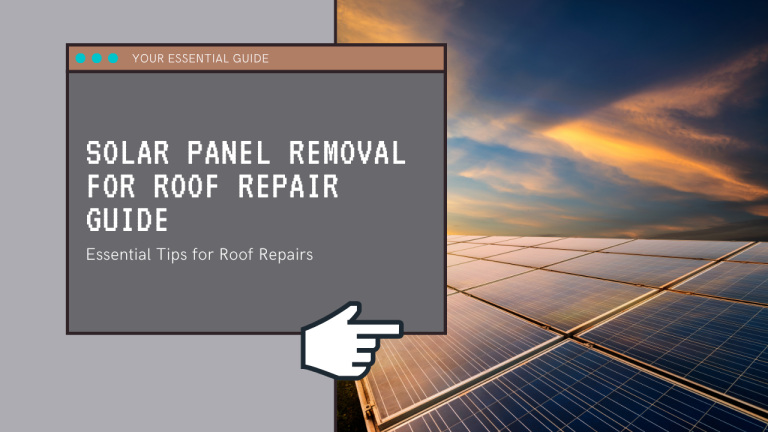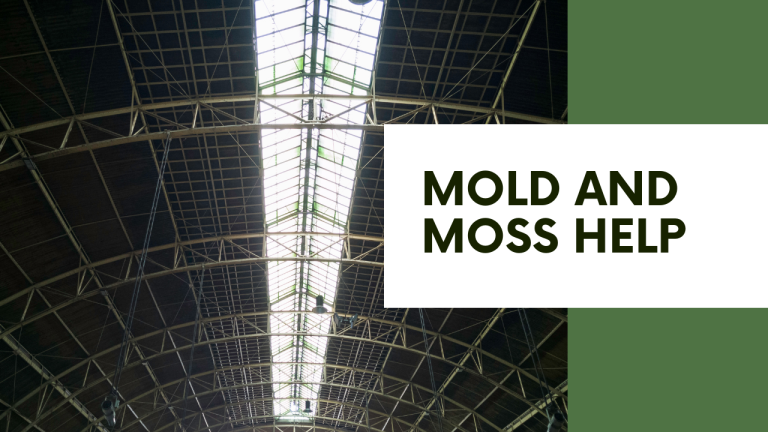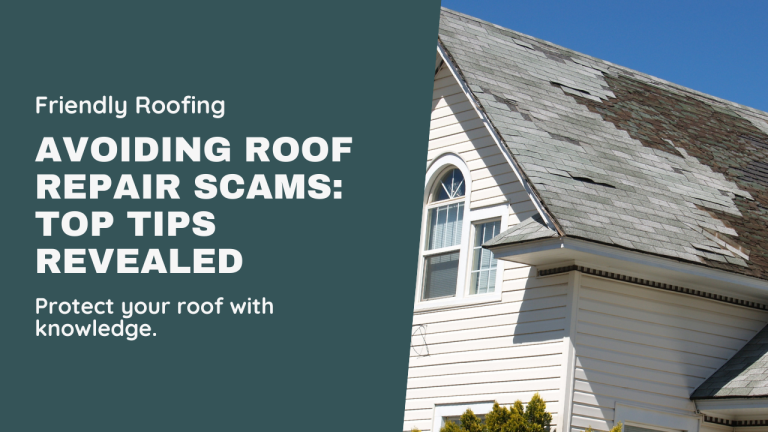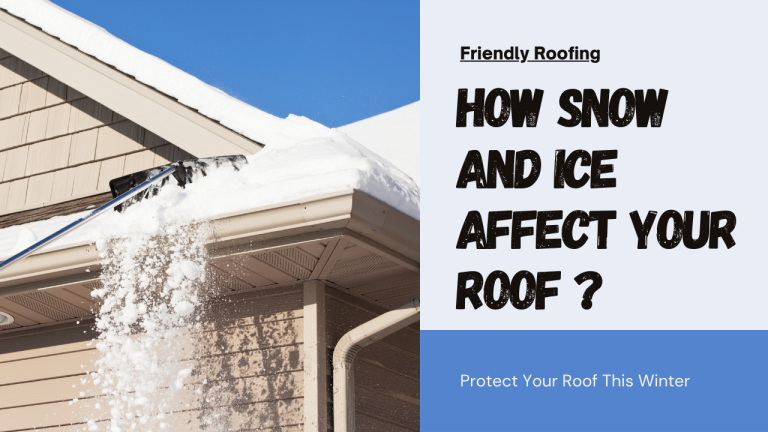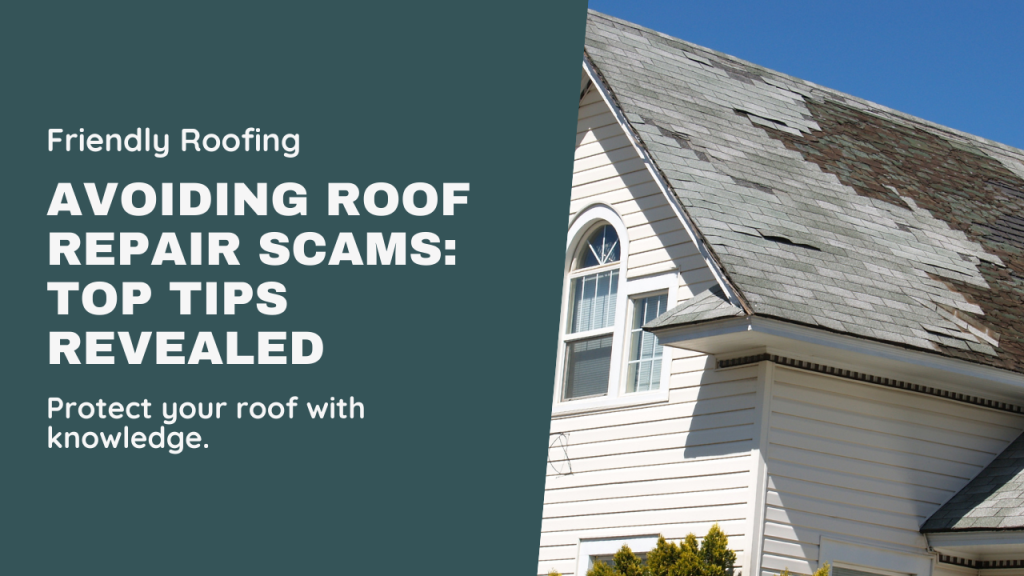
Roof repair scams involve deceitful practices by individuals or companies posing as legitimate contractors to defraud homeowners. These scams can range from shoddy workmanship to outright theft of funds, leaving homeowners with unresolved roof repair needs and significant financial loss. Recognizing and avoiding these scams is essential to safeguarding your home and finances.
According to the National Insurance Crime Bureau (NICB), roofing scams spike after severe weather events, such as hurricanes, tornadoes, and hailstorms. These scammers, often referred to as “storm chasers,” capitalize on the urgency of homeowners to repair signs of roof damage quickly. The Federal Trade Commission (FTC) also reports an increase in home improvement scams, with roofing scams being among the most prevalent. Awareness and vigilance are key to preventing these fraudulent activities.
Common Types of Roof Repair Scams
Door-to-Door Scams
One of the most common roof repair scams involves door-to-door solicitors. These scammers typically appear in neighborhoods following a major storm, offering unsolicited inspections and repairs. They often use high-pressure sales tactics, claiming that immediate action is necessary to avoid further damage. Once they gain access to your roof, they may fabricate damage or exaggerate existing issues to justify costly repairs.
False Credentials and Unlicensed Contractors
Scammers often present fake credentials to appear legitimate. They may use counterfeit licenses, insurance certificates, or membership logos from professional associations. Hiring unlicensed contractors poses significant risks, including poor workmanship, lack of accountability, and potential legal repercussions.
Storm Chasers and “Leftover” Materials
Storm chasers follow severe weather events, targeting areas with widespread roof damage. They offer quick, cheap repairs using “leftover” materials from other jobs. While this may seem like a cost-effective solution, these materials are often substandard or inappropriate for your roof. The workmanship is usually poor, leading to further damage and the need for additional repairs.
Upfront Payment Scams
In this scam, contractors demand full payment upfront, often offering a significant discount to entice homeowners. Once they receive the payment, they either perform subpar work or disappear entirely, leaving the homeowner without recourse. It’s crucial to establish a payment schedule tied to project milestones to protect yourself from this type of fraud.
Red Flags to Watch Out For
Unsolicited Offers and High-Pressure Sales Tactics
Be wary of contractors who show up unannounced and pressure you to sign a contract immediately. Legitimate contractors typically do not solicit work door-to-door and will provide you with ample time to consider your options. High-pressure sales tactics are a major red flag indicating a potential scam.
Vague Estimates and Lack of Written Contracts
Scammers often provide vague estimates and avoid putting details in writing. A legitimate contractor will offer a detailed, written estimate that outlines the scope of work, materials to be used, and the total cost. The absence of a written contract leaves you vulnerable to unexpected charges and substandard work.
Unverifiable Contact Information and Company Details
Check the contractor’s contact information and company details. Scammers often use temporary phone numbers, P.O. boxes, or generic email addresses. Verify the contractor’s business address, phone number, and website. Look for reviews and ratings from reputable sources like the Better Business Bureau (BBB).
Suspiciously Low Bids and Deals That Seem Too Good to Be True
If a bid is significantly lower than others you’ve received, it may be a sign of a scam. While competitive pricing is important, extremely low bids can indicate substandard materials, poor workmanship, or an intention to scam you out of your money. Always compare multiple quotes and research the contractors thoroughly.
How to Protect Yourself from Roof Repair Scams
Research and Verification
Before hiring a contractor, conduct thorough research. Verify their credentials, including licenses, insurance, and memberships in professional associations. Check online reviews, ratings, and any complaints filed with the BBB or other consumer protection agencies. Ensure the contractor has a good track record and positive feedback from previous clients.
Getting Multiple Quotes
Obtain quotes from at least three different contractors. This allows you to compare prices, services, and the professionalism of each contractor. Be wary of significant discrepancies between quotes, as they can indicate potential scams or subpar services. A detailed comparison will help you make an informed decision.
Demanding Written Contracts and Detailed Estimates
Insist on a written contract that includes a detailed estimate of the work to be performed. The contract should specify the scope of work, materials to be used, payment schedule, and timeline for completion. A detailed contract protects you from unexpected charges and ensures that both parties are clear on the terms of the agreement.
Payment Practices and Legal Protections
Avoid paying the full amount upfront. A reasonable payment schedule typically involves an initial deposit, followed by payments tied to project milestones, and a final payment upon completion. This ensures that the contractor is incentivized to complete the work to your satisfaction. Familiarize yourself with your legal rights and protections as a consumer, and don’t hesitate to seek legal advice if needed.
Steps to Take if You Suspect a Scam
Documenting and Reporting Suspicious Activity
If you suspect you’re dealing with a scammer, document all interactions, including communications, estimates, and contracts. Take photos of any work performed and keep records of payments made. Report suspicious activity to local authorities, the BBB, and consumer protection agencies. This can help prevent others from falling victim to the same scam.
Seeking Legal Advice and Support
If you find yourself a victim of a roof repair scam, seek legal advice immediately. An attorney can help you understand your rights and pursue legal action against the scammer. Additionally, consumer advocacy groups can provide support and resources to help you resolve the issue.
Case Studies and Real-Life Examples
Case Study 1: Door-to-Door Scam
In a small town in Texas, homeowners were targeted by door-to-door roof repair scammers following a severe hailstorm. The scammers posed as legitimate contractors, offering free inspections and pressuring homeowners to sign contracts for immediate repairs. Once they received payment, the scammers either performed minimal, shoddy work or disappeared entirely. Local authorities and the BBB received numerous complaints, leading to an investigation and eventual charges against the scammers.
Case Study 2: Storm Chaser Scam
After a major hurricane hit Florida, storm chasers flooded the affected areas, offering quick, cheap repairs using “leftover” materials. One homeowner hired a contractor who provided a significantly low bid and demanded full payment upfront. The contractor performed subpar work, using inappropriate materials that failed to withstand the next storm. The homeowner had to hire another contractor to fix the damage, resulting in additional costs and stress.
Lessons Learned and Prevention Strategies
These case studies highlight the importance of vigilance and thorough research when hiring a contractor. Homeowners should be wary of unsolicited offers, high-pressure sales tactics, and significantly low bids. Verifying credentials, obtaining multiple quotes, and demanding written contracts can help protect against scams. Reporting suspicious activity and seeking legal advice are crucial steps in resolving issues and preventing further victimization.
Safeguard Your Home from Roof Repair Scams
Roof repair scams are a significant concern for homeowners, particularly following severe weather events. Common scams include door-to-door solicitations, false credentials, storm chasers, and upfront payment demands. Recognizing red flags such as unsolicited offers, vague estimates, unverifiable contact information, and suspiciously low bids is crucial in avoiding these scams.
Protecting yourself from roof repair scams requires vigilance, research, and adherence to best practices. By conducting thorough research, obtaining multiple quotes, demanding written contracts, and following proper payment practices, you can safeguard your home and finances. Stay informed about your legal rights and seek support if you suspect a scam.
If you’ve experienced or suspect a roof repair scam, share your story to help raise awareness. Reach out to local authorities, consumer protection agencies, and advocacy groups for assistance. Your proactive steps can make a difference in preventing others from falling victim to these deceitful practices.
By staying informed and vigilant, you can ensure that your roof repair needs are met by legitimate, trustworthy contractors, keeping your home safe and secure. Remember, recognizing the signs of roof damage early and taking proactive steps to address them can help you avoid the pitfalls of roof repair scams.

